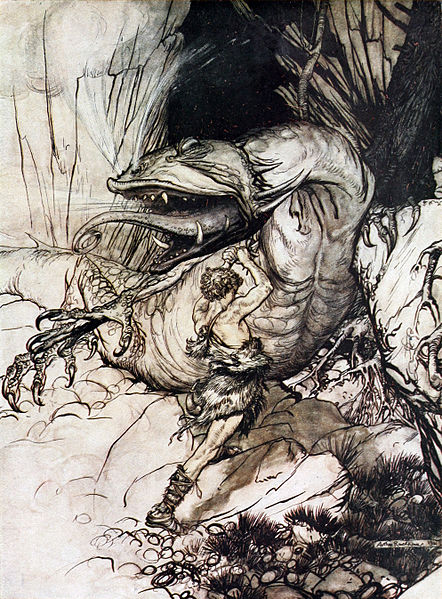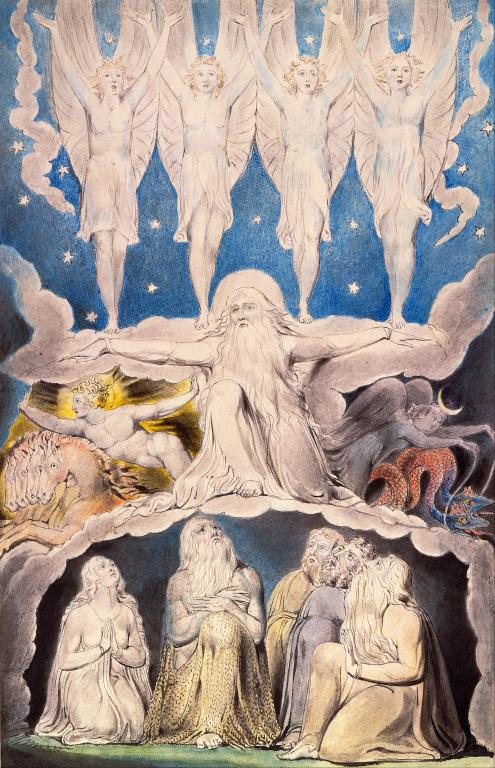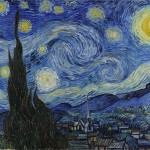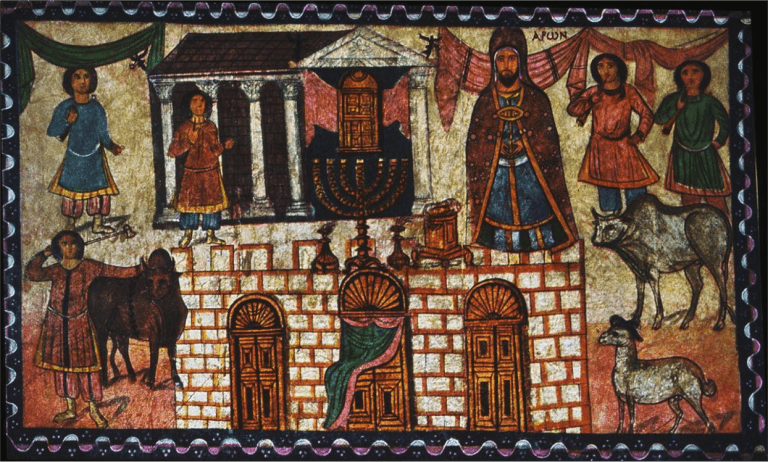
Date 1911; New Impression’s plates are the same as those of the first edition.[1]
Source ; Rackham, Arthur (illus) (1924-August) [1911] Siegfried & The Twilight of the Gods (New Impression ed.), London: William Heinemann, p. p. 56 Retrieved on 22 June 2011.
Author
Arthur Rackham (PD-US)
21 May 2018
The Edge of Elfland
Concord, New Hampshire
Dearest Readers,
Stories, myths, poetry, these are common fare here at Letters from the Edge of Elfland, but one question I constantly turn to is why? Why do we write stories? Why do we perpetuate myths? Why, on earth, do we write poetry? What is it about humanity the makes us want to do more than communicate, to have more than mere utility?
The answer, I think, lies somewhere in gratuity as well as in an innate desire for Truth, Beauty, and Goodness. The writing of poetry shows this particularly well. It is not, in one sense, at all necessary. We do not need poetry to convey our thoughts, prose can do just that. Yet we still write poetry. Now, one could argue that the poetic developed as a means for remembering. Put something into song or into a rhyme and it can be more easily remembered. I still sing the estoy conjugation song I learned in 7th grade Spanish. And yet this is not enough, or it does not answer why things set to poetry or song should be remembered. Why is it important that the Anglo-Saxon scop be able to sing all of Beowulf, or a Greek poet recite The Odyssey?
You could argue it is about identity, remembering who you are. After all, Snorri Sturluson kept Norse mythology alive largely out of a desire to keep the Old Norse poetic form alive. But I think there is something more here. This desire to know, to remember, who you are is bound up with the question of what you are. That is, this desire to remember is tied to a desire for truth. And this is precisely what the old myths were meant to do, convey truth. Reading Genesis 1-3 is not about reading the literal story about the mechanisms by which God created the cosmos (other than by his Word) and precisely how humans came into being (i.e. out of dust) and fell. Rather, it is a story to convey the truth to us about who God is, what creation is, and what our relationship to the two is like, or ought to be.
We also tell stories to remind us of the Good. Our heroes exhibit virtue, and sometimes vice as well, in order to teach us about the moral dimension of reality. And it does not matter if that moral dimension is bound up in Zeus of Yahweh, rather, at this level, it matters that the moral is seen at all and seen to work consistently, whether we do or not.
And, of course, we tell stories that are beautiful, to remind us that reality itself is beautiful, even if marred and broken by us. This goes back to the gratuity of our stories. And I have written to you about this before.
But above all, we tell stories, we create worlds, because we are made in the image of a Creator. This is Tolkien’s chief point both in On Fairy-Stories and “Mythopoeia.” Our desire to make stories and then share them is bound up in being made in the image and likeness of God. What is more, our stories, our art, are our reciprocal acts of gratitude to God for the gift of creation. And in this God-given right to create we participate in God as Creator. And this links the telling of stories to our very deification (something I go to great lengths to prove in my book, Being Deified: Poetry and Fantasy on the Path to God).
You could point to many other reasons why we tell stories, or further elaborate on the reasons I have provided. But what I want to note is this: Since telling stories is both so central and so necessary, in a gratuitous way, to what being human, why do we often tell such bad stories? I have read to my children some truly awful tales whose points seem to be utilitarian. This is not bad in and of itself. A book that helps my child understand how his emotions work, or how to use the toilet can be incredibly beneficial. Nevertheless, we should not let these be the only or even the primary books our children read. Sam Rocha in his Tell Them Something Beautiful notes that in his home, before age 6 any way, his child was not given any instructional books or books of fact. Rather literature, story, myth were to be the fodder of his son’s imagination. This is right. We do our children a disservice when all we feed them are instruction manuals dressed as literature. But we cannot stop with children.
Too many adults read no or very little fiction. You could say that television or film often take its place, and they can be good sources of story. Nevertheless, we cannot pretend that stories are meant only for children. From at least the Victorian period onward it became popular to reserve fairy-tales for children. Never mind that many of those stories were meant for adults when they were written. Now it seems to me we have, on the whole, taken this a step further. It isn’t just fairy-tales or fantasy that is for children, all novels are for children. Even the rise of the Young Adult genre shows us this (not knocking those who write in this genre at all, but that it is strange to me that we have a whole genre which isn’t actually a genre at all but an age range). It was not only or even chiefly children who sat around the hearth listening to someone tell the tale of “Sir Gawain and the Green Knight,” it was adults. Chaucer did not write The Canterbury Tales to plague high school students (whatever my Juniors may have thought) he wrote it for adults. We need to better recognize this. Many adults have and do, but for far too many reading, and especially the reading of fiction and often poetry, is something you have to do when you’re younger, not as an adult. The world is made poorer by this loss of story, by this sense that we outgrow our favorites. A favorite that is truly good can never be outgrown.
We must return the centrality of story, seeing it well done on the big and little screens is one thing, but being able to engage with words whether written only or heard, but arranged in a particular and painstaking matter, this is of central importance. If we lose stories, we will lose ourselves.
Sincerely,
David Russell Mosley















